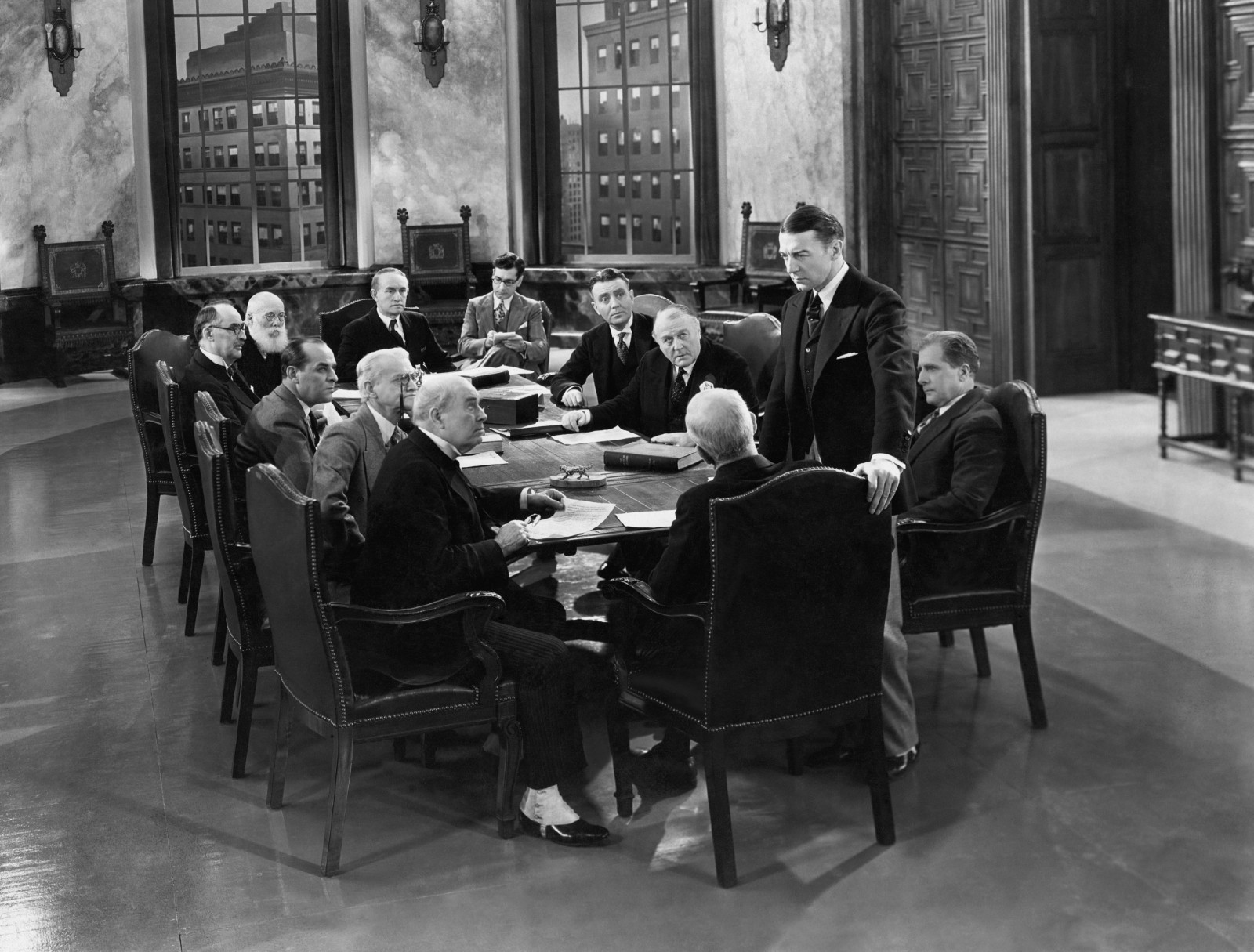Egyptian expats get new cars, FinMin gets FX + More buildings up for reconciliation

Egyptian expats are going to be able to import new cars on the cheap — in return for helping the state raise FX: Egyptians who are resident abroad will be able to import a new car and eventually get a full rebate on all customs fees and taxes — if they pay the dues upfront in FX, according to a cabinet statement. The cabinet decision will make it easier and cheaper for expats to import new cars while helping the state raise USDs amid an ongoing FX shortage.
A major tax break — with a twist: The car owner pays their vehicle import fees — including customs fees, VAT, and other taxes — upfront to the Finance Ministry in FX when they import the new car. They will then receive a full rebate on the dues in five years’ time in EGP, at the USD-EGP exchange rate at that time and without interest.
REMEMBER- It’s all but impossible to get your hands on a new car right now. The market has been hit by rules requiring importers to get letters of credit (L/Cs) that limited imports to a handful of essential goods, leaving new cars and car parts stranded at ports and pushing a number of global car manufacturers to suspend sales here.
So who’s eligible? Expats must hold a valid foreign residency permit and foreign bank account. Each expat can import one car for their personal use, which must be new or less than three years old if used.
There’s a time limit: Once the decision goes into effect, expats only have four months to pay their dues to the FinMin. They’ll then be given a year to import their car of choice.
How much money are we talking about? Customs fees can run as high as 135% of the value of a new car, depending on the country of origin. Add to that a 15% schedule tax and a 14% VAT. It’s a little lower for hybrid cars, which pay between 30-100% of their cost in customs, a 15-30% schedule tax and a 14% VAT. EVs are exempt from taxes and customs.
More details to come: After the decision is passed, FinMin and the central bank will share the required fees and accepted currencies according to vehicle type.
This won’t be the first time Egyptians working abroad help us secure hard currency: Remittances are a key source of FX inflows for Egypt, recording some USD 31.9 bn during the last fiscal year.
A NEW WINDOW FOR WILDCAT BUILDERS TO GO LEGIT-
Owners of illegally built buildings could have another chance to legalize what they’ve built, after cabinet yesterday approved a draft law that widens the scope for property owners in violation of the building code to pay “reconciliation fees” to the government to legalize their buildings, according to a statement. The draft bill allows for more owners of illegal buildings to enter the reconciliation process, provided that their buildings are structurally sound and not built on land protected by the Nile Protection Law or the Antiquities Protection Law.
Exceptions — at a cost: The cabinet could allow reconciliation for buildings along the Nile or on land protected by the antiquities law if, for example, they are difficult to remove — but owners will pay triple the usual reconciliation fee, Cabinet Spokesman Nader Saad said in an interview with Bel Warak W El Kalam (watch, runtime: 10:20).
Similar, but not the same: Separate amendments to the Unified Building Code designed to crack down on unlicensed construction — which would also widen the types of properties eligible for reconciliation — are currently making their way through the House. The House’s Legislative and Constitutional Affairs Committee also last week approved amendments to the Agriculture Act introducing harsher penalties for illegally building on agricultural land.
Gov’t officials have in recent months pledged to adopt a zero-tolerance stance towards new illegal construction, taking food subsidies away from those who build illegally and referring people who illegally build on the Nile to military prosecution. The reconciliation drive is expected to bring in c. EGP 72 bn to state coffers from around 1.8 mn buildings that are in violation of existing codes.
The cabinet also approved:
- Extending foreign operators’ exemption from airport fees for another six months until the end of April 2023. The exemption was set to end this month.
- A draft presidential decision to repurpose public land and properties in a number of governorates. The Finance Ministry will decide how to repurpose them.